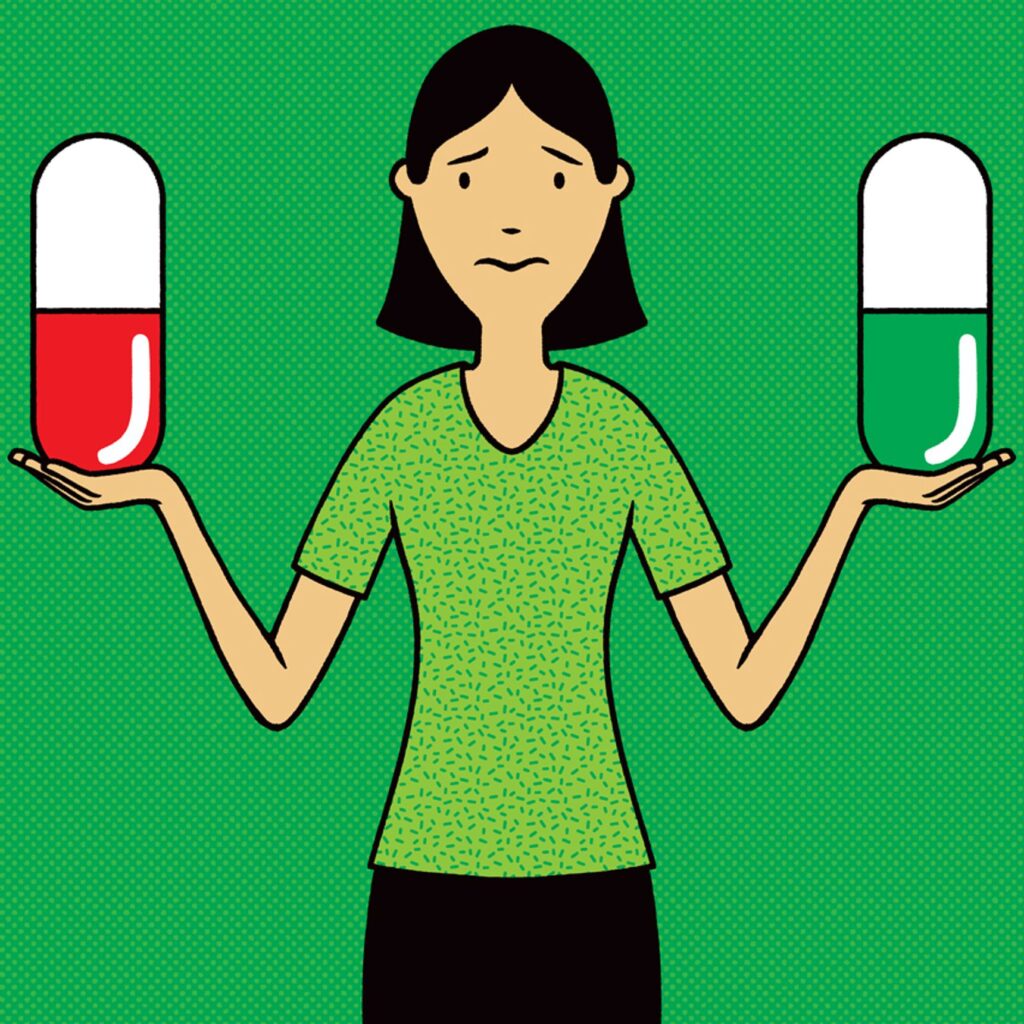Placebos Can Have a Real Effect on Guilty Feelings
By Susan Pinker
www.wsj.com/articles/placebos-can-have-a-real-effect-on-guilty-feelings-6c37dd71
Placebos—medical interventions that contain no therapeutic ingredients—are a mainstay of randomized controlled trials, the gold standard of medical research. In these studies, one group of participants receives an experimental treatment and another gets a placebo, while both experimenters and participants remain in the dark about which group is which. That way, the results aren’t influenced by people’s expectations. It’s good research design, but if you were a patient enrolled in a clinical trial, how would you feel if you found out you were given a placebo instead of a possible treatment?
In fact, researchers have found that placebos can be effective even when they are “open.” Surprisingly enough, taking a sugar pill can be beneficial even when you know it’s a sugar pill. Now a new study published in Nature Scientific Reports last December shows that open placebos don’t just work for physical pain; they can also reduce negative emotions like guilt.
Led by Dilan Sezer, a doctoral student in clinical psychology at the University of Basel, the study recruited 112 healthy university students between 18 and 40 years old. “Then there was a baseline assessment of their guilt. Using a questionnaire, we asked, how guilty do they feel in general?” said Ms. Sezer.
At the next stage of the study, people were asked to write about a specific event in their past that made them feel shame for having treated someone shabbily, and the strength of their guilty feelings was assessed with a questionnaire. Then the participants were randomly assigned to one of three groups. The first was given a “deceptive” placebo: It contained no medicinal ingredients, but participants were told it contained herbs and essential oils that had been “shown to reduce guilt feelings.” The second group was given an “open” placebo and were told that it “does not contain any medicinal ingredients.” The third was a control group that received no intervention at all.
Afterward, each participant was asked to fill out the same questionnaire a second time. The findings were crystal clear: Both placebo groups showed a significant drop in guilt compared to those in the no-treatment control group. What’s more, “the difference between placebo groups was statistically indistinguishable,” Ms. Sezer said.
How can placebos work when a person knows they’re fake? Some researchers have speculated that a combination of hope and uncertainty leads the “brain to anticipate, seek out and identify new data or rewards,” writes Ted Kaptchuk, who leads the Program in Placebo Studies at Harvard Medical School. The human brain is constantly testing hypotheses about what might come next, even if we are not overtly aware of this process. Certain environments and rituals also create expectations about how we are going to feel, whether we’re seeing a play in a theater or participating in a study in a lab or clinic.
Ms. Sezer’s study reinforces the notion that we aren’t always completely rational about what can help us. She notes that her sample was small and included only psychologically healthy people, but she hopes the findings will be investigated further. “We don’t know yet if this will work in a clinical population,” she says, “but for everyday guilt in young people, it works.”


